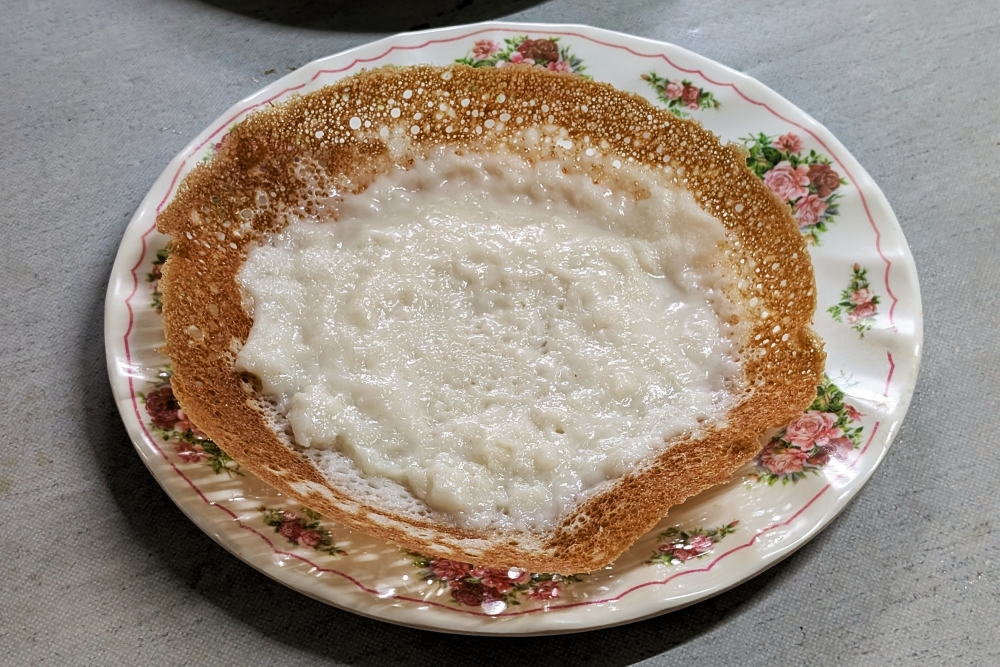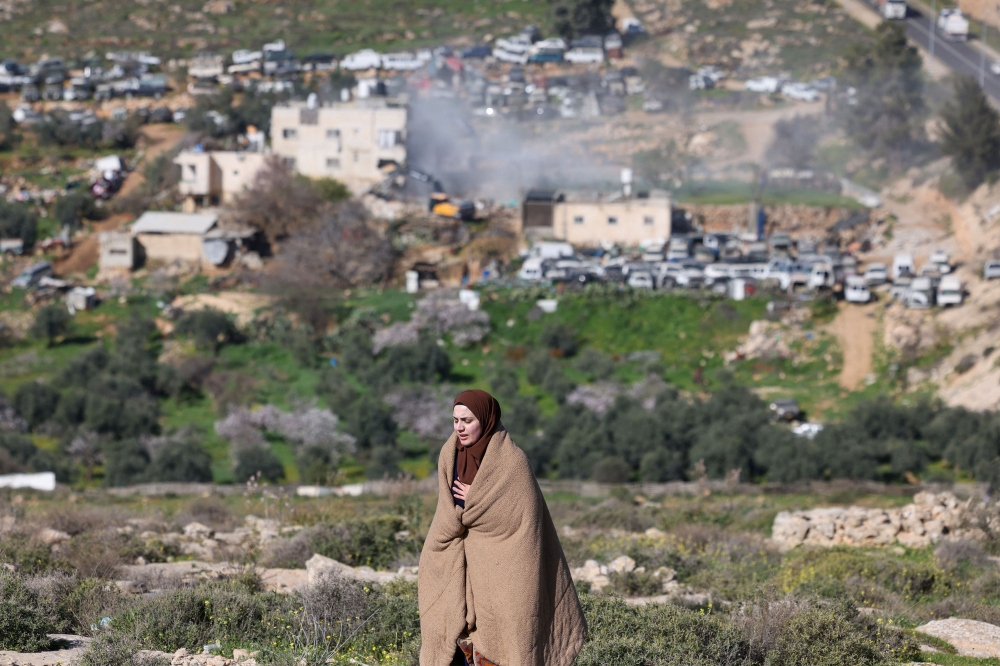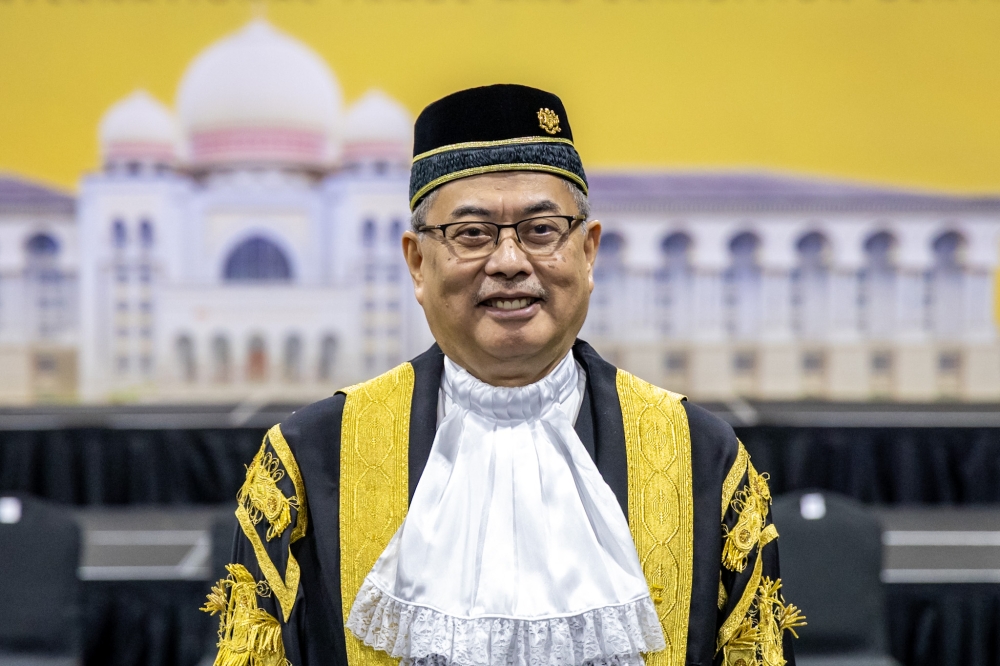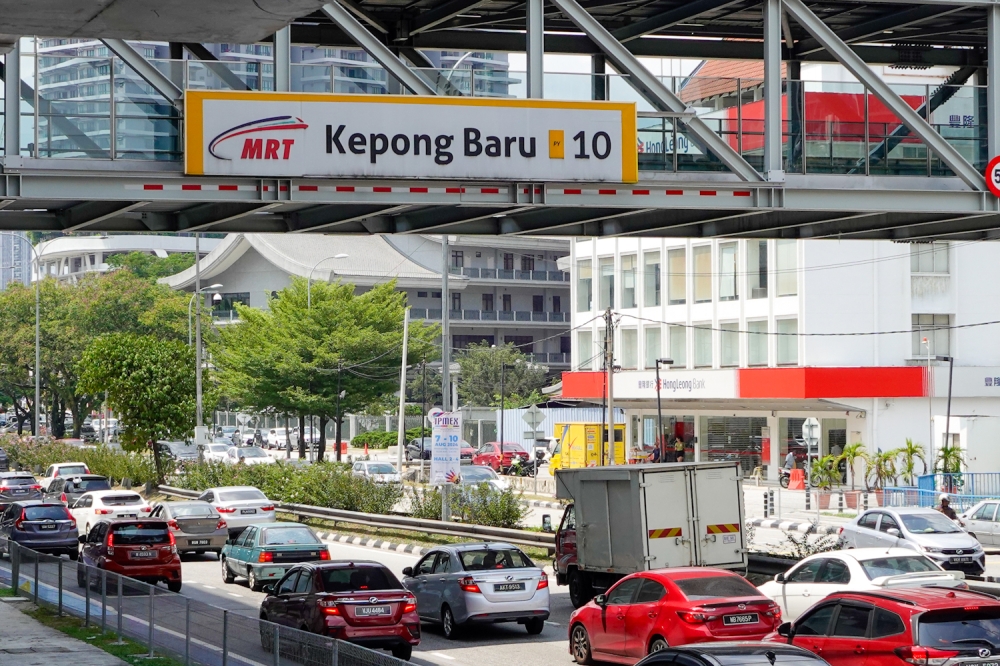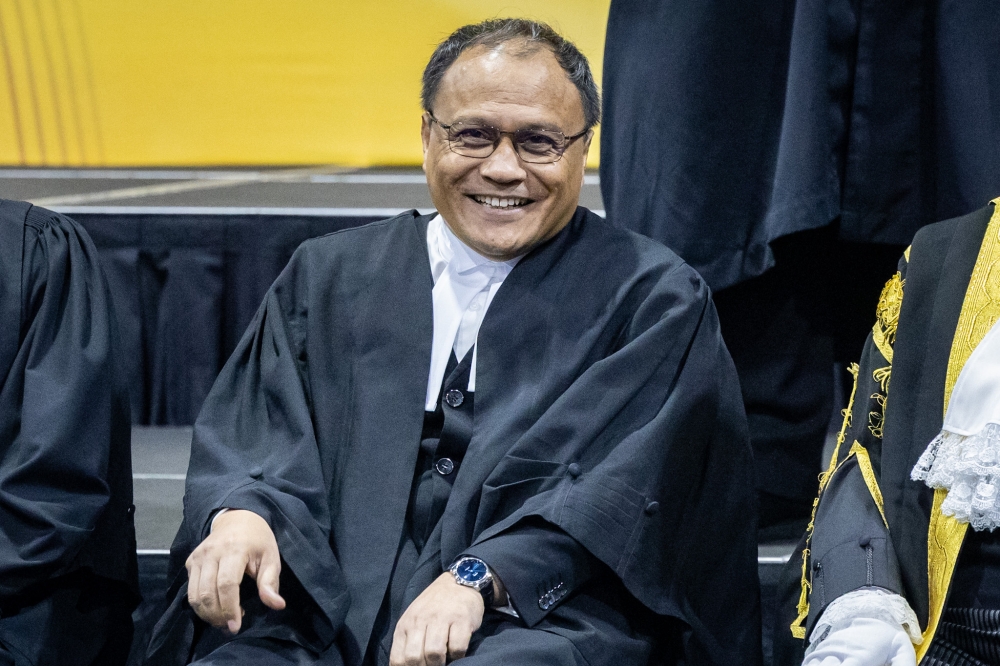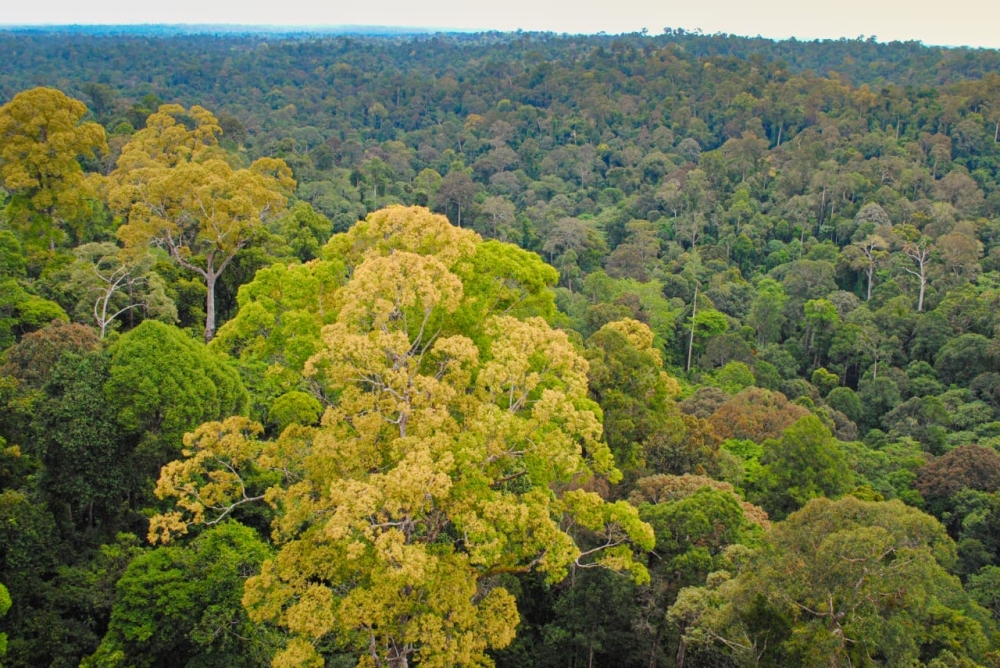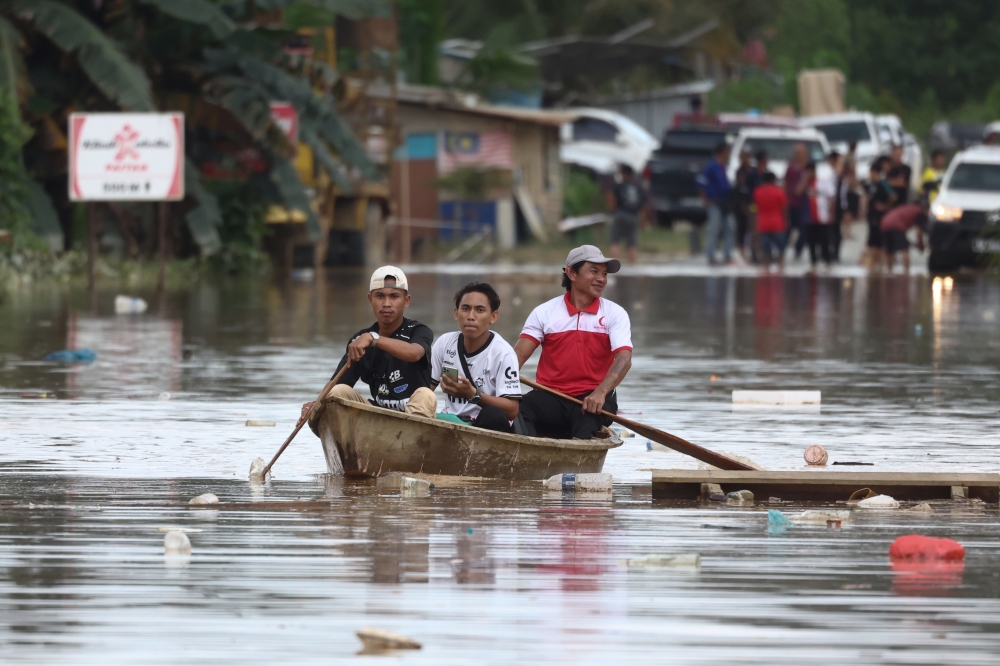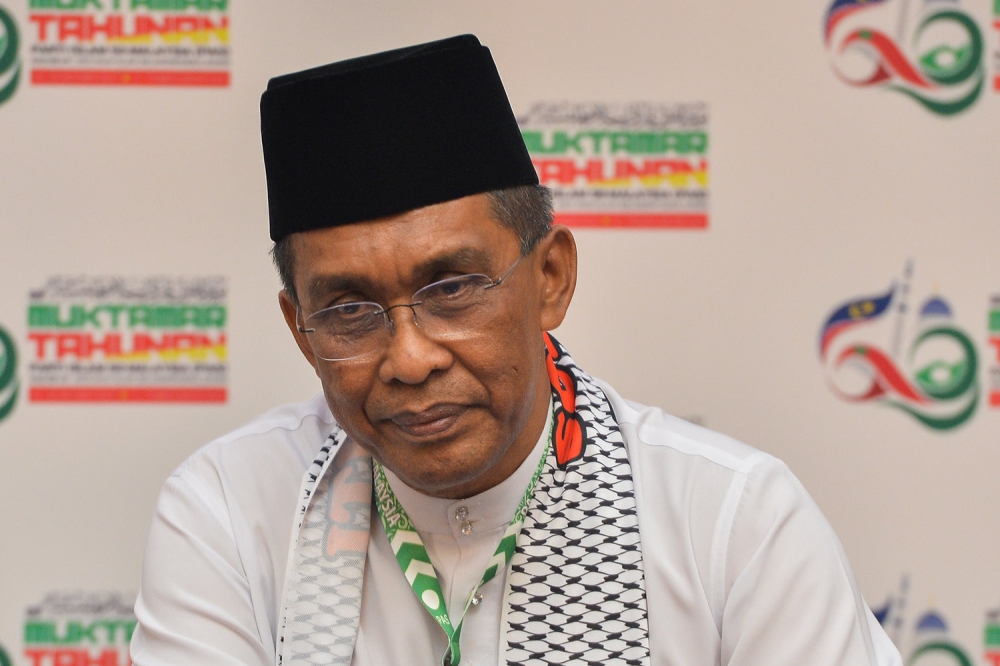KOTA KINABALU, March 28 ― The Deramakot Forest Reserve has received its fifth cycle of forest certification under the Forest Stewardship Council (FSC) certification scheme since 1997.
This re-certification covers another five years, from 21st March 2024 to 20th March 2029, making Deramakot Forest Reserve as the longest FSC-certified tropical forest in the world.
Datuk Frederick Kugan, the Chief Conservator of Forests of the Sabah Forestry Department, praised the efforts and hard work shown by all officers involved in maintaining the world standard of forest management in Deramakot, which is an outstanding achievement not only for Sabah and Malaysia but also for all the tropical forests in the world.
The State Government initiated efforts to promote Sustainable Forest Management (SFM) practices in 1989.
The Deramakot Forest Reserve, encompassing an area of 55,507 hectares of lowland mixed Dipterocarp forests in east-central Sabah, became the first model of a well-managed forest, certified under the Forest Stewardship Council (FSC) scheme in 1997.
The Deramakot certification is a pivotal milestone that leads to the extension of forest management certification to other Forest Management Units (FMUs), including the forest plantation areas managed by the SFM licensees.
Thus far, the SFM system as Deramakot practices has multiplied to 43 Sustainable Forest Management Licence Agreements (SFMLAs) covering some 1.53 million hectares.
A total of 280,616 hectares of natural forests and forest plantations have been certified under the FSC and Malaysian Timber Certification Scheme ― Programme for the Endorsement of Forest Certification (MTCS-PEFC) schemes. This certification has provided a strong platform for implementing responsible forest management practices in terms of biodiversity conservation, protection of ecosystems, and safeguarding social and economic benefits for local communities.
However, Sabah still faces challenges in obtaining FSC and MTCS-PEFC certification, especially for forest plantations. These certifications only allow the establishment of forest plantations before 2020 for FSC and 2010 for MTCS-PEFC, with a strict limit of five percent of forest conversion to forest plantation.
Despite these challenges, Kugan emphasises that the department is committed and continues to find ways to certify forests, especially forest plantations. A jurisdictional certification is one of the options currently being explored as an alternative way to certify forest areas at the landscape level.
Additionally, Sabah is also currently undergoing a certification process for the IUCN Green List on protected areas, such as Sook Lake, Pin Supu, Trusan Sugut, Sg Pinangah – Tawai – Sg Radapan (PINTAR), Lumaku SFM, Ulu Kalumpang-Wullesdorf SFM, and Timimbang-Botitian SFM, covering a total area of about 148,000 hectares.
The IUCN Green List certificate provides recognition and promotes conservation and sustainable forest management practices worldwide. ― The Borneo Post





